Good dystopian science fiction draws us in because it reflects not a distant nightmare but a distorted vision of our own lives. These stories push us to ask uncomfortable questions about freedom, identity, and the structures we build or tolerate. Like Offred's quiet act of rebellion in The Handmaid’s Tale—silently reminding herself, “Nolite te bastardes carborundorum”—the books in this collection urge us not to let the harshness of potential futures numb us into submission.
What makes these novels resonate is their rootedness in humanity—their characters aren’t heroes with superhuman powers but ordinary people forced into extraordinary circumstances. They navigate worlds built on oppression, control, and enforced conformity, and they illuminate the cracks where resistance begins. They ask us to notice, to stay awake, and to consider what we stand to lose if we don’t.
The books that follow aren't just imaginative warnings; they're reflections of the choices we face every day. By engaging with these narratives, we confront not just fictional fears, but our own complacency and courage. In their gripping pages, we're reminded that the real power in dystopian fiction lies in its quiet insistence that we remain vigilant and compassionate, even in the darkest of times.
What Are The Top Dystopian Sci-fi Novels?
Viridis (Trace of Arcane Book 1), by Ezra Mizuki (2025)
Eden has always known she doesn't quite fit in—not in a dramatic way, but in the kind that invites silence and sideways glances. She lives in Viridis, one of the last independent societies on the edge of a world ruled by Lux, a regime that erased the past and now dictates truth. Eden hides who she is—sharp, logical, emotionally distant—because difference in her world isn’t protected, it’s quietly punished. But when rumors spread of an ancient archive surfacing in the hands of a secretive group called Arcane, the fragile balance of fear and control begins to crack.
I think Viridis is a thought-provoking start to a series that leans into character, atmosphere, and subtle tension rather than fast-paced action. What struck me most is how it explores perception—what we see, what we choose to ignore, and how systems manipulate that. Eden’s inner world, her way of navigating a society that doesn’t want people like her to be visible, is deeply moving and sharply rendered. The quiet rebellion at the heart of this story feels both intimate and necessary, making it a compelling read for anyone interested in power, identity, and the quiet courage it takes to exist truthfully.
The Handmaid's Tale (The Handmaid's Tale Book 1), by Margaret Atwood (1985)
In the chilling dystopia of Gilead, a totalitarian society has overthrown the United States government, stripping women of their rights and autonomy. Fertile women, known as Handmaids, are forced into sexual servitude to repopulate a devastated world. Offred, our narrator, is one such Handmaid, assigned to a Commander and his wife, navigating a treacherous existence where surveillance is constant and rebellion whispers in the shadows. Her story is a harrowing account of survival, loss, and the desperate human need for connection and freedom in the face of brutal oppression.
My personal opinion is that The Handmaid's Tale remains profoundly impactful decades after its publication. It's a stark and terrifying exploration of power, misogyny, and the fragility of human rights. Atwood’s prose is both incisive and poetic, drawing you into Offred's claustrophobic world with an intensity that is hard to shake. The themes of state control, religious extremism, and the commodification of women's bodies continue to resonate deeply, making this book a timeless and essential read that serves as both a literary masterpiece and a potent warning.
Some Desperate Glory, by Emily Tesh (2024)
All her life, Kyr has trained for a single purpose: to avenge the obliteration of Earth at the hands of the alien Majoda. Raised on Gaea Station, a militaristic enclave harbouring the last remnants of humanity, she is a weapon honed for a suicidal war. Kyr is fiercely devoted to the cause, her entire identity forged in the crucible of vengeance and duty. However, when a devastating betrayal shatters her world, Kyr is forced to question everything she has been taught and everyone she trusts, embarking on a desperate, galaxy-spanning mission that will unravel the true, complex nature of the war and her own indoctrination.
This book is a breathtaking and emotionally raw space opera that masterfully subverts expectations. Kyr's journey from a fanatical, almost unlikable soldier to a more nuanced and empathetic character is incredibly compelling. The book doesn't shy away from the ugliness of indoctrination and the trauma of war, but it also weaves a powerful narrative about found family, the courage to dismantle one's own toxic beliefs, and the search for meaning in a universe far more wondrous and terrifying than imagined. Tesh's writing is vibrant and immersive, making this a truly unforgettable and thought-provoking read.
Red Clocks, by Leni Zumas (2018)
In a near-future America where abortion is illegal, in-vitro fertilization is banned, and a “Personhood Amendment” grants rights to every embryo, the lives of five women in a small Oregon fishing town intersect. Ro, a single teacher, longs for a child; Gin, a reclusive herbalist and “mender,” provides illegal abortions; Susan, a trapped housewife, yearns for escape; and Mattie, a pregnant teenager, seeks Gin's help. Their stories are interwoven with that of Eivor, a 19th-century female polar explorer, whose biography Ro is writing, exploring themes of motherhood, identity, and bodily autonomy in a world that seeks to define and control women.
My personal opinion is that Red Clocks is a fiercely imaginative and unsettlingly relevant novel. Zumas crafts a narrative that feels both dystopian and hauntingly plausible, exploring the profound implications of reproductive control with a sharp, incisive wit. The distinct voices of the women create a rich tapestry of experiences, highlighting their resilience and their struggles against a backdrop of restrictive laws and societal judgment. It’s a book that is at once a compelling drama and a profound meditation on what it means to be a woman when the state dictates the terms of one's own body and future.
Klara and the Sun, by Kazuo Ishiguro (2021)
Klara, an Artificial Friend with exceptional observational abilities, waits in a store, hoping to be chosen by a child. She keenly watches the world outside, particularly the Sun, whom she reveres for its life-giving nourishment. When she is finally selected by Josie, a bright but frail girl, Klara becomes her dedicated companion, learning about human emotions, relationships, and the complexities of love and loss in a technologically advanced but subtly dystopian society where genetic “lifting” creates social divides. Klara's unwavering devotion to Josie leads her on a poignant quest to understand the human heart and the sacrifices made in the name of love.
Klara and the Sun is beautifully orchestrated, thought-provoking novel that explores profound questions about what it means to be human through the innocent yet perceptive eyes of an artificial being. Ishiguro’s signature understated prose perfectly captures Klara’s unique voice, revealing a world that is both familiar and unsettlingly different. The novel discovers the themes of love, loneliness and mortality with a gentle yet powerful touch, leaving the reader to ponder the nature of consciousness and the elusive essence of the human soul. Klara's observations on human behavior are both astute and heartbreaking, making her an unforgettable narrator.
The School for Good Mothers, by Jessamine Chan (2022)
Frida Liu is struggling. A moment of bad judgment, a “very bad day,” leads to her daughter, Harriet, being taken away by Child Protective Services. Frida is then thrust into a dystopian government reform program – a school designed to transform “bad” mothers into “good” ones through intensive, often cruel, surveillance and re-education using AI dolls. Custody of Harriet hangs in the balance as Frida navigates the dehumanizing curriculum, battling to prove her maternal fitness in a system that seems designed to break her spirit and enforce an impossible standard of perfect motherhood.
My personal opinion is that The School for Good Mothers is a taut, explosive, and deeply unsettling debut. Chan masterfully creates a world that is a chilling extension of contemporary anxieties surrounding motherhood and state intervention. Frida's desperation and her fierce love for Harriet are palpable, making her journey through the increasingly bizarre and punitive “school” both terrifying and heartbreaking. The novel is a powerful critique of the unrealistic pressures placed on mothers and the devastating consequences when societal judgment is institutionalized, leaving you to question the very definition of a “good mother.”
Sea of Tranquility, by Emily St. John Mandel (2022)
Across centuries and vast distances, a strange anomaly ripples through time: a fleeting moment where individuals experience the sound of a violin in an airship terminal, a forest glade, and a vision of impossible trees. We meet Edwin St. Andrew, an exiled young Englishman in 1912 Canada; Mirella Kessler, navigating life after a Ponzi scheme shatters her world in the present day; and Olive Llewellyn, a famous author from a moon colony, touring a pandemic-ravaged Earth in 2203. Their seemingly disparate lives are interwoven by this shared, inexplicable phenomenon, investigated centuries later by Gaspery-Jacques Roberts, a detective from the Night City, whose search uncovers a truth that could rewrite reality.
I think Sea of Tranquility is a stunning and intricately woven novel that beautifully explores themes of time, art, love, and the human search for meaning across disparate timelines. Emily St. John Mandel masterfully connects her characters' lives through a captivating central mystery, creating a narrative that is both intellectually stimulating and deeply moving. The novel’s reflection on pandemics, simulation theory, and the enduring power of human connection feels incredibly timely and resonant. It's a compact yet expansive story that lingers in the mind long after the final page, a testament to Mandel’s skill in crafting profound and thought-provoking speculative fiction.
The Measure, by Nikki Erlick (2022)
One ordinary spring morning, the world is irrevocably changed. Small, identical wooden boxes appear on the doorsteps of every adult across the globe. Inside each box lies a string, and the length of that string purportedly reveals the exact measure of the recipient's life. As societies grapple with this sudden, undeniable knowledge of their lifespans, individuals face an impossible choice: to open the box and know their fate, or to live in ignorance. The novel follows eight diverse characters as they navigate this new reality, exploring how this profound revelation impacts their relationships, ambitions, and their very understanding of what it means to live.
Thsi book presents a fascinating and deeply human premise that immediately hooks you. Erlick does a remarkable job exploring the myriad ways individuals and society might react to such a cataclysmic shift in understanding mortality. The interwoven stories of the characters, each facing their own unique dilemmas related to their “string,” are both poignant and thought-provoking. It’s a novel that encourages reflection on how we value time, love, and life itself, regardless of how much of it we might have left, prompting a compelling discussion about fate, free will, and the pursuit of a meaningful existence.
Conclusion
These novels stay with us because they blur the line between speculative fiction and potential reality. Each author in this list constructs worlds that echo uncomfortably close to our own, compelling us to reconsider our assumptions and values. Just as Kazuo Ishiguro’s Klara offers a quiet yet profound examination of what it means to be truly human, each story here challenges us to recognize the humanity within ourselves, even amid dehumanizing systems.
But while their settings may be bleak, the core of each narrative often holds a defiant spark of resilience. The characters teach us that even under immense pressure—when societies break down and truths become fragile—individuals still find ways to maintain dignity, connection, and hope. These stories don’t only depict what we fear most; they remind us of the importance of choosing who we want to become.
In reading these books, we aren't just preparing for imagined futures; we’re practicing courage and empathy today. They invite us not merely to escape but to engage deeply with our own reality, alert to the subtle shifts toward injustice or control. After all, as these authors powerfully show, dystopia isn’t inevitable—it only arrives when we stop paying attention.
Find further sci-fi reads on our favorite science fiction novel list.

My profession is online marketing and development (10+ years experience), check my latest mobile app called Upcoming or my Chrome extensions for ChatGPT. But my real passion is reading books both fiction and non-fiction. I have several favorite authors like James Redfield or Daniel Keyes. If I read a book I always want to find the best part of it, every book has its unique value.










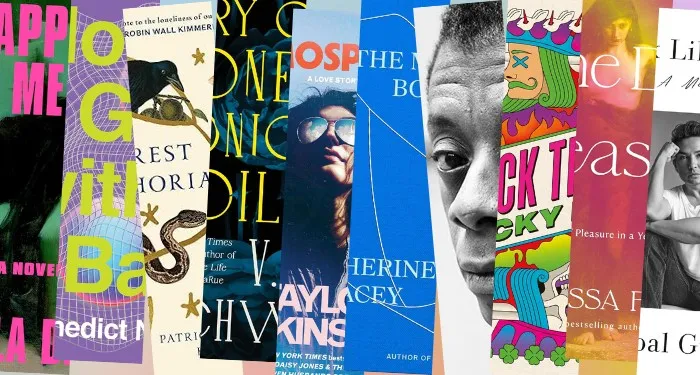





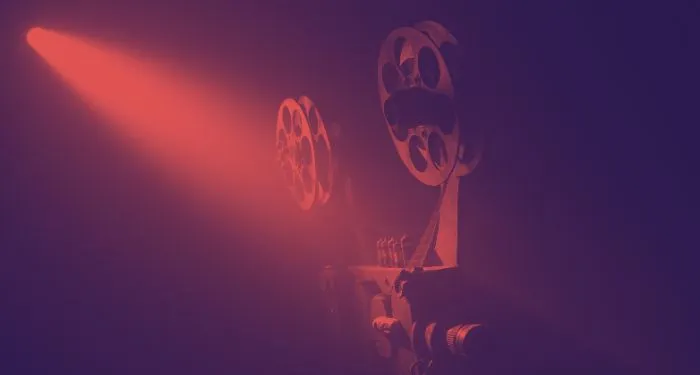
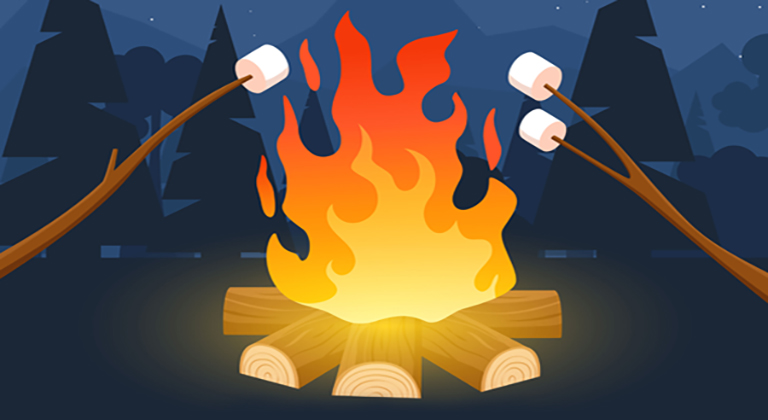
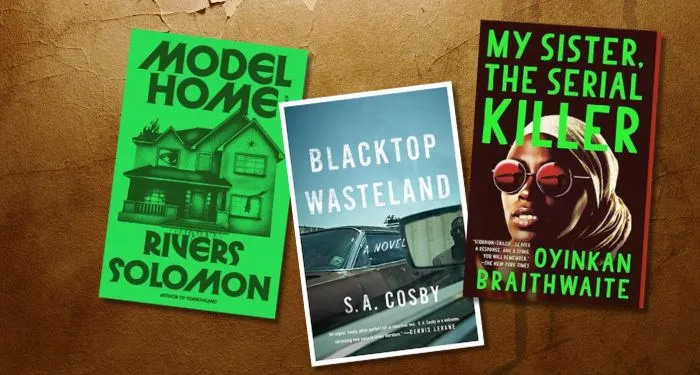






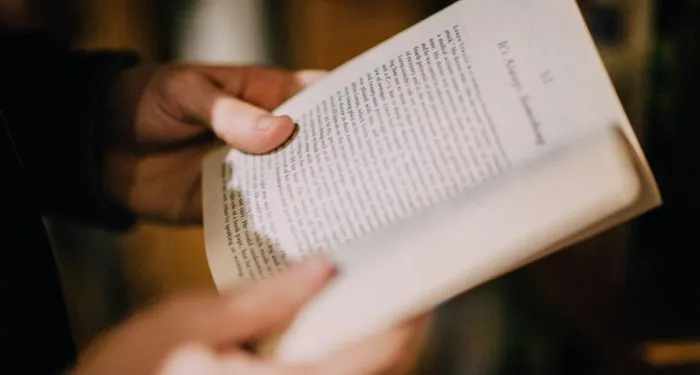

 English (US) ·
English (US) ·